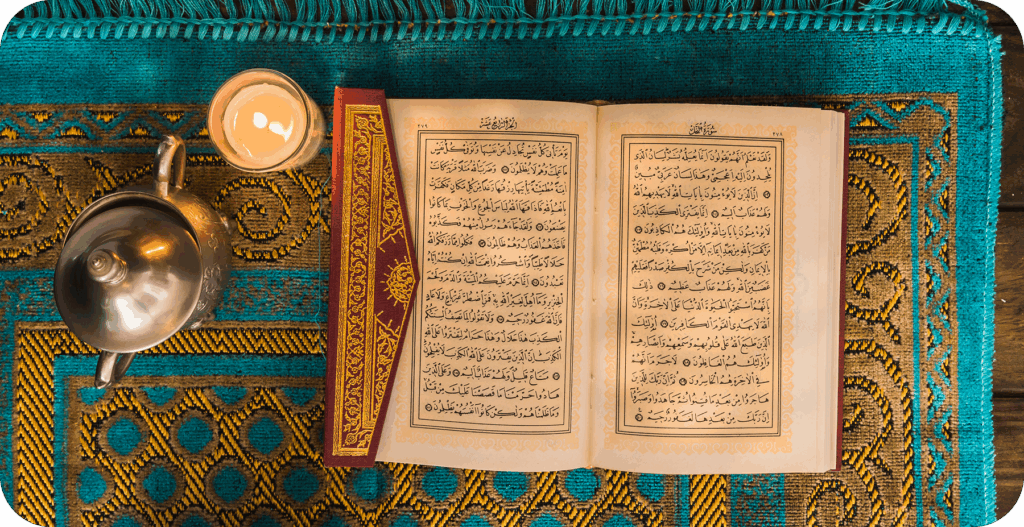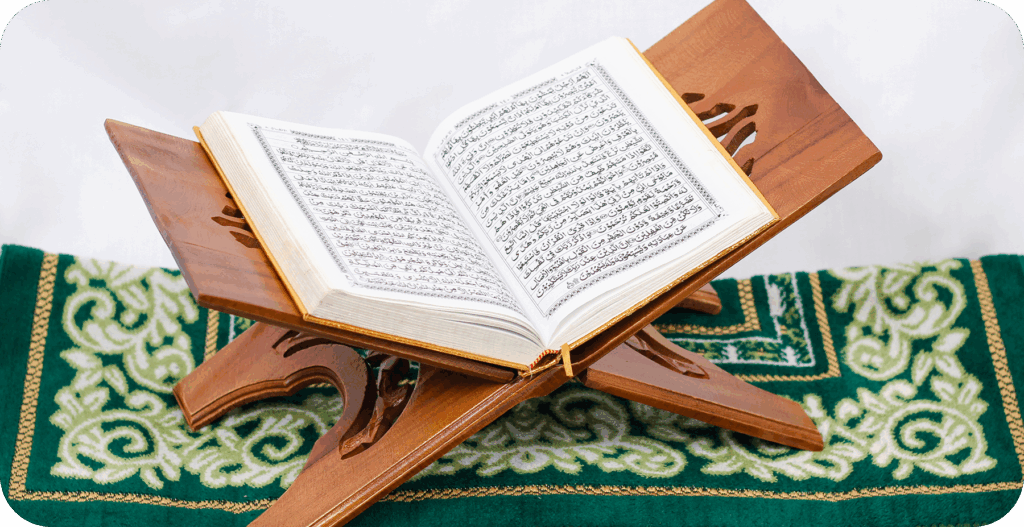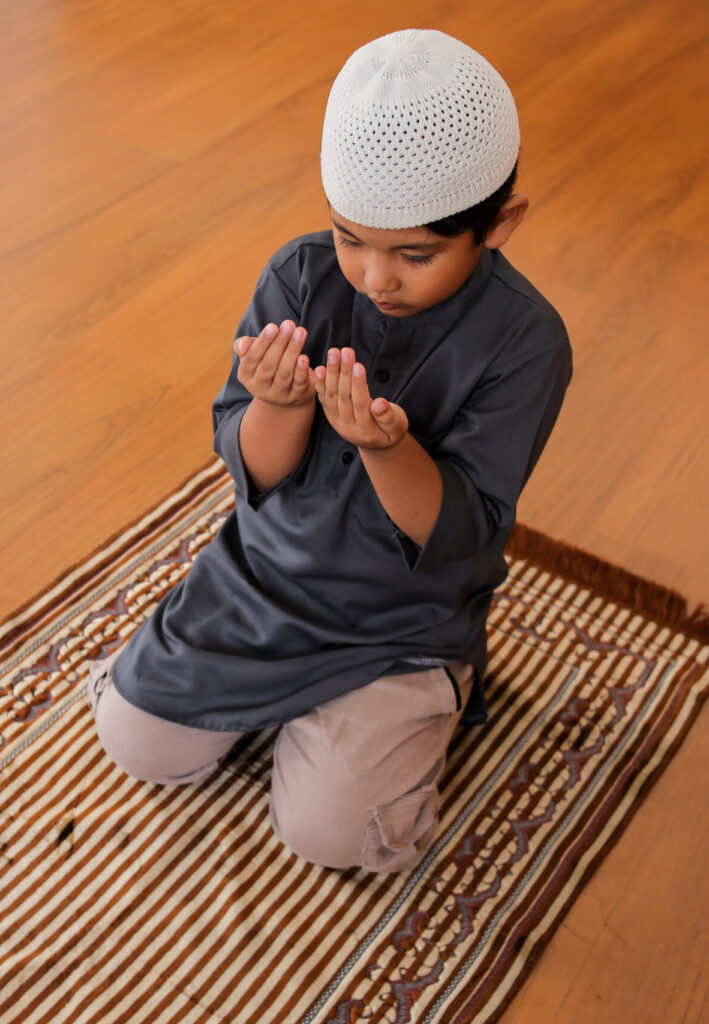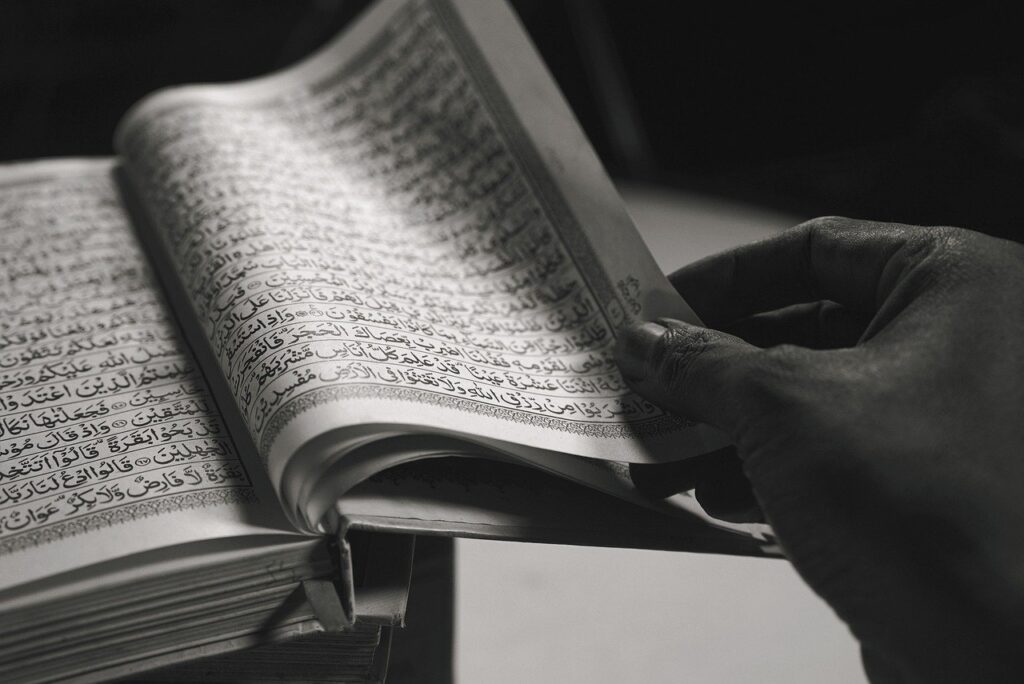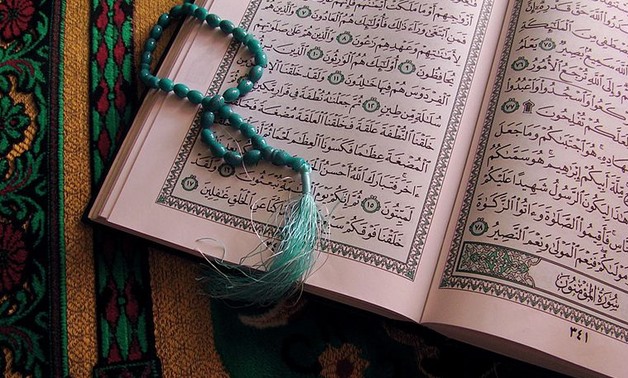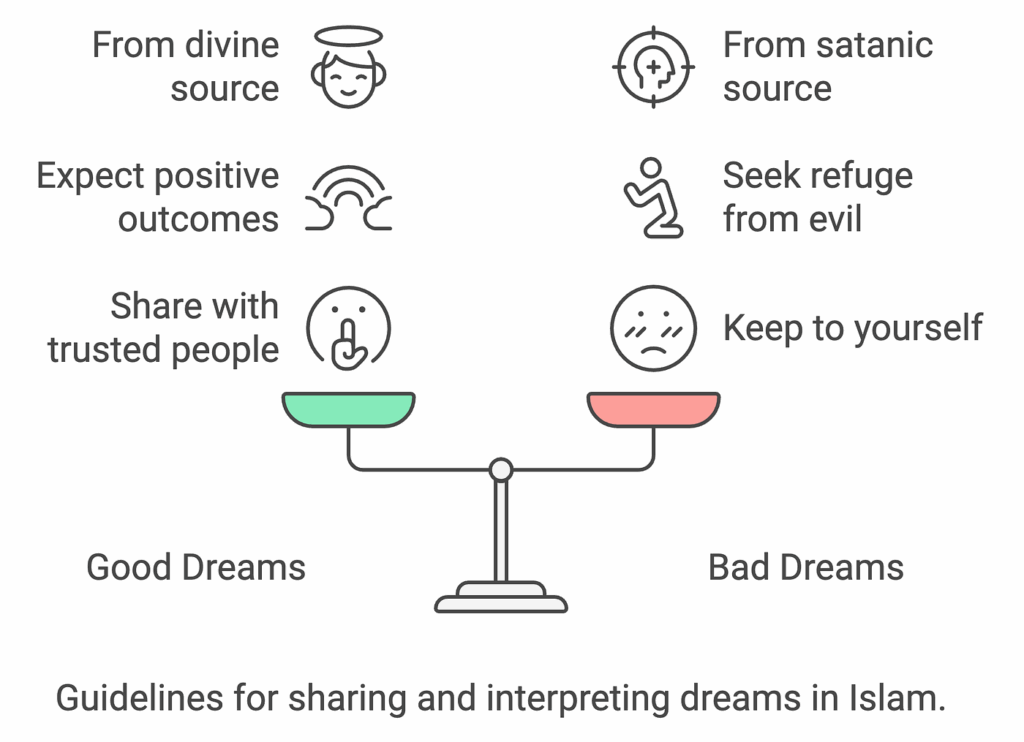In Islam, remembrance of Allah (dhikr) and recitation of authentic supplications (wazaif) play a vital role in a believer’s spiritual life. Indeed, these practices are not merely traditions; they are acts of devotion that protect, purify, and strengthen the heart. Through this consistency, dhikr, duʿāʾ, and daily wazaif help Muslims gain tranquility, divine protection, and spiritual clarity.
In this blog, we’ll explore what wazaif are, their Qur’anic and Prophetic foundations, the correct way to perform them, and the immense spiritual benefits they bring. You’ll also learn which wazaif are recommended for protection, healing, and blessings, all rooted firmly in the Qur’an and Sunnah.
What Are Wazaif in Islam?
Essentially, the word wazifa (plural: wazaif) means “a prescribed portion.” In Islam, it refers to specific Qur’anic verses or authentic supplications that Muslims regularly recite for spiritual or worldly benefit. Furthermore, these may include adhkar, duas, or the names of Allah (Asma ul-Husna) that serve as reminders and sources of divine protection.
Performing wazaif is a practice encouraged throughout the Islamic tradition. However, it must always be done within the framework of Shariah, with sincerity, and without associating partners with Allah.
Qur’anic Foundation of Wazaif in Islam

Allah ﷻ says in the Qur’an:
“O believers! Always remember Allah often, and glorify Him morning and evening.” (Surah Al-Ahzab 33:41–42)
This verse emphasizes the importance of regular remembrance not as a ritual, but as a continuous act of devotion. Moreover, every act of remembrance strengthens faith and guards the believer from spiritual and emotional harm.
Prophetic Teachings on Daily Supplications
Truly, the Prophet ﷺ was the greatest example of remembrance. From dawn to dusk, his entire day, from waking up to sleeping, reflected authentic duas and dhikr. Moreover, these supplications were not random words; they were structured prayers that brought calmness, focus, and divine assistance.
`Abdullah bin Busr (ra) narrated that:
A man said, “O Messenger of Allah (ﷺ), indeed, the legislated acts of Islam have become too much for me, so inform me of a thing that I should stick to.” He (ﷺ) said: “Let not your tongue cease to be moist with the remembrance of Allah.”
(Jami` at-Tirmidhi 3375)
The daily wazaif and duas of the Prophet ﷺ included recitations for protection, forgiveness, and gratitude. By following his Sunnah, Muslims ensure their spiritual routine aligns with authentic Islamic guidance.
Daily Wazaif for Protection and Blessings
Consistency is the key. When done sincerely, daily wazaif serve as a spiritual armor against anxiety, evil influences, and misfortune. Therefore, here are a few of the most authentic and powerful daily wazaif in Islam:
1. Morning and Evening Adhkar
The Prophet ﷺ emphasized remembrance during early morning and before sunset.
Examples include:
- Reciting Ayat-ul-Kursi (Surah Al-Baqarah 2:255)
- Reciting Surah Al-Ikhlas, Al-Falaq, and An-Nas three times
- Saying:
“Bismillahi alladhi la yadurru ma‘a ismihi shay’un fi al-ardi wa la fi as-sama’i wa huwa as-sami‘u al-‘alim.”
(In the name of Allah, when Whose name is mentioned nothing on Earth or in Heaven can cause harm, and He is the Hearer, the Knower)
(Sunan Abi Dawud 5088)

2. Wazaif in Islam for Peace of Heart
Dhikr of ‘La ilaha illa Allah’ and ‘Astaghfirullah’ brings inner tranquility and forgiveness.Indeed, Allah loves those who constantly turn to Him in repentance. Regular repetition of SubhanAllah, Alhamdulillah, Allahu Akbar strengthens mindfulness and gratitude.
3. Wazaif for Protection from Evil Eye and Jinn
- Recite Surah Al-Falaq and Surah An-Nas three times daily.
- Blow on your hands after reciting them and wipe your body, as practiced by the Prophet ﷺ (Sahih Bukhari 5016).
- Recite Ayat-ul-Kursi before sleeping for protection throughout the night.
Spiritual Benefits of Performing Wazaif
remains content even in the face of difficulty. Some key benefits include:
- Spiritual Protection – Guards against sihr (black magic), evil eye, and shayatin.
- Inner Peace – Regular dhikr removes anxiety and fills the heart with serenity.
- Forgiveness of Sins – Dhikr and repentance purify the heart.
- Increased Barakah – Invoking Allah’s names attracts blessings in wealth, time, and health.
- Strengthened Connection with Allah – Builds closeness with the Creator through remembrance and love.
Narrated Abu Musa:
The Prophet (ﷺ) said, “The example of the one who celebrates the Praises of his Lord (Allah) in comparison to the one who does not celebrate the Praises of his Lord, is that of a living creature compared to a dead one.” (Sahih al-Bukhari 6407)
Conditions for Acceptable Wazaif in Islam

Indeed, not every wazifa circulating online or in communities is authentic. Therefore, to ensure your practice stays legitimate and pleases Allah, follow these guidelines:
- Rooted in Qur’an or Sunnah: Only recite supplications proven in authentic sources.
- Understand the Meaning: Reflect on the words; dhikr without understanding lacks depth.
- Avoid Innovations (Bid’ah): Do not invent formulas or count repetitions without a basis.
- Rely Only on Allah: Believe that healing, blessings, and protection come solely from Him.
- Consistency and Purity of Intention: Do it sincerely for Allah’s sake, not for material gain.
Common Misconceptions About Wazaif in Islam
1. Wazaif as Magical Spells
Some people mistakenly view wazaif as magical formulas that guarantee instant results. However, the power lies not in the words alone but in the faith, sincerity, and intention behind them.
2. Selling Wazaif for Money
The commercialization of wazaif contradicts Islamic ethics. Moreover, authentic supplications are free for all believers. Therefore, seeking monetary benefit from sacred verses goes against the Sunnah.
3. Expecting Immediate Results
Wazaif are acts of worship, not transactions. The believer must maintain patience and trust in Allah’s timing. Continuous remembrance brings long-term peace, even if worldly issues take time to resolve.
How to Incorporate Wazaif Into Daily Routine
- Start and End the Day with Dhikr: Make morning and evening adhkar a habit.
- Set a Specific Time for Recitation: Even five minutes daily builds consistency.
- Reflect on the Meaning: Focus on Allah’s mercy and greatness during recitation.
- Avoid Distractions: Choose a peaceful environment for your daily remembrance.
- Use a Wazifa Journal: Record daily recitations and reflections.
Moreover, transitioning from random recitation to a structured wazifa routine transforms spiritual life, as it increases mindfulness, strengthens faith, and deepens reliance on Allah.
Authenticity in Wazaif: Following Qur’an and Sunnah
The Prophet ﷺ and his companions followed precise and meaningful supplications. Innovation in this field leads to deviation. Therefore, always ensure your wazifa follows authentic evidence from the Qur’an and Sunnah.
You can find scholarly explanations about authentic wazaif and dhikr on reputable Islamic sites such as IslamQA.info, a trusted resource for understanding verified religious practices.
Wazaif in Islam for Healing and Relief from Hardships
Many Muslims recite specific verses or duas during distress, illness, or grief. Among the most beneficial are:
- Surah Al-Anbiya (21:83–84) — the dua of Prophet Ayyub (AS) for relief from pain.
- Surah Al-Baqarah (2:286) — a reminder that Allah never burdens a soul beyond its capacity.
- La hawla wa la quwwata illa billah — a phrase the Prophet ﷺ called a treasure from Paradise (Sahih Muslim 2704).
These verses and supplications renew faith, strengthen patience, and remind believers of Allah’s mercy in trials.
Avoiding Misuse of Wazaif in Islam
Misinterpretation of wazaif can lead to superstition. For example, writing Qur’anic verses on paper and wearing them without understanding or reading them is discouraged by many scholars unless done under Shariah guidelines.
Islam encourages active remembrance, reciting, reflecting, and living by the meanings of Allah’s words rather than relying solely on physical objects.
Connecting With Authentic Online Resources
If you wish to learn and perform authentic Qur’anic and prophetic wazaif, you can explore them at Roohani Ilaj Center’s Online Wazaif. This platform provides accurate, Shariah-compliant supplications that can help you build a routine rooted in the Sunnah while avoiding innovation or cultural distortions.
Therefore, in this guide, you’ll discover daily wazaif for protection, peace, and blessings that consistently strengthen your connection with Allah ﷻ.
Conclusion
Wazaif are powerful tools for spiritual healing and divine protection, but only when practiced with sincerity, knowledge, and adherence to the Qur’an and Sunnah. They help believers stay mindful, patient, and grateful, even in life’s hardest trials.
Therefore, as you continue this journey of remembrance, keep your heart connected to Allah. Moreover, strive to make your wazaif a source of strength, not superstition.
Ultimately, may Allah bless every believer who remembers Him with a pure heart, and may He protect us from harm while filling our lives with peace and barakah.


